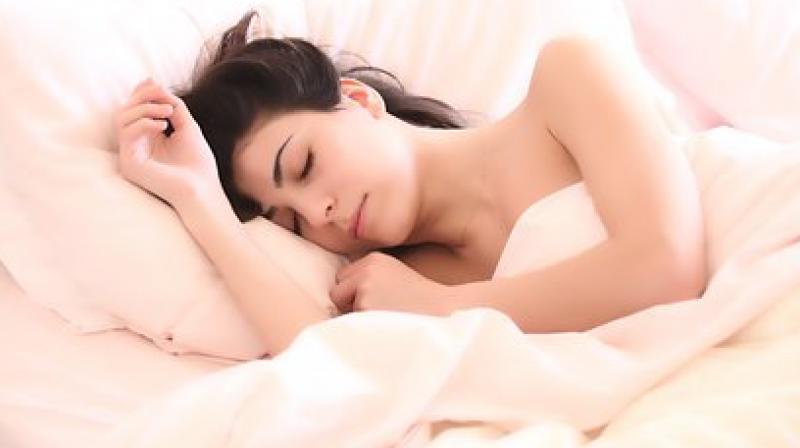Sleep well because beauty sleep is real
Dermatologists break down the benefits of a good night’s sleep.

We’re all familiar with how a good night’s sleep works wonders for skin. Waking up feeling all fresh and energetic also reflects on our skin. Beauty sleep is now one of the catchiest phrases- “You need to get some beauty sleep.” But how does the idea of “beauty sleep” work? Debra Jaliman, a dermatologist from New York, says, "It's essential for repairing the skin."
Dr Whitney Bowe, another NY-based dermatologist adds, “When we sleep, our stress hormone (cortisol) goes down and our sleep hormone (melatonin) goes up. Our body, and our skin, are in repair mode.” That said, here are a few benefits of beauty sleep:
Healthy looking eyes
A good night’s sleep is the most basic remedy for puffy eyes. “Lack of restorative sleep can leave your eyes looking puffy in the morning. Why? Because, when you’re under stress, your cortisol levels rise, and this changes the salt balance in your body. In turn, this can lead you to retain water – hence, puffiness,” explains Dr Bowe.
Glowing skin
When you sleep well, your skin tends to glow and look healthy and youthful. The skin heals itself of UV radiations and pollution that it’s exposed to during the day. “In fact, studies show that new skin cells grow faster while you sleep,” says Dr Bowe. “Take advantage of this period of skin renewal and restoration by cleansing skin before bed and choosing products that will optimize this recovery period so that you wake up with healthier skin."
Treats signs of ageing
A good night’s sleep has miraculous effects in working on your wrinkles. “If nothing else convinces you to go to bed on time, let maintaining youthful-looking skin be the one that does,” says Dr Bowe. Try sleeping on your back for reducing pressure on the skin. This helps in keeping creases and skin-lines at bay.
Healthier hair
Another reason to go to bed on time is that you can get strong, gorgeous locks when you sleep well at night. “Sleep is actually needed for proper protein synthesis of your hair and it can impact your hormones, which will also have an impact on your hair’s growth and appearance,” says Dr. Bowe.
It’s essential to sleep for about seven to eight hours every night, but quality matters too. “Not all sleep is equally restorative,” explains Dr. Bowe. She suggests going to bed early and waking up on the same time every day. It’s also ideal to follow a pre-sleep regime, which in its most basic form implies facing your wash and moisturising it before you hit the bed.

